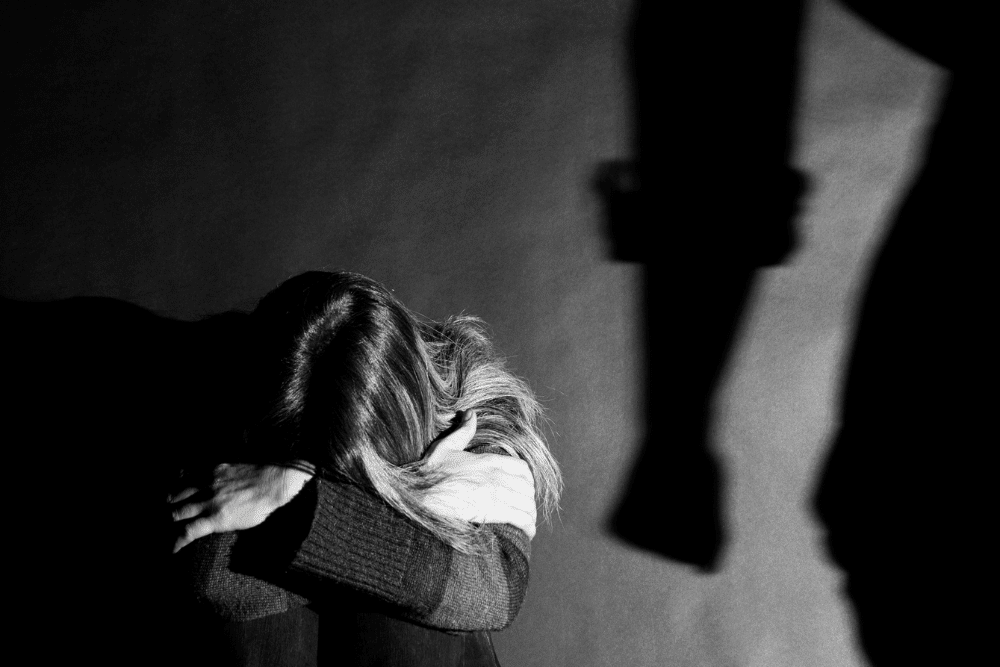What Defense Strategies Can Help with MN Domestic Violence Charges?

Andrew & Poole, P.A.
Domestic violence is a crime that the state of Minnesota treats with the utmost seriousness. In fact, our state has a zero-tolerance policy towards any form of violence within the household.
Domestic violence can take many forms, including physical, emotional, psychological, and sexual abuse, and it is crucial to take appropriate measures to prevent it. However, in some cases, false allegations of domestic violence can be made, and innocent individuals can be charged with this crime.
In this blog post, we will discuss possible defense strategies that can be used to fight domestic violence charges in Minnesota.
Possible Strategies a Minnesota Criminal Attorney May Use to Help You Fight Your Domestic Violence Charges
If you find yourself facing a charge of domestic violence, it is important to remember that being charged is not the same as being convicted. There are all kinds of ways to battle these charges depending on the specifics of your case. The best way to know which strategy is most likely to work for you – talk to a knowledgeable lawyer as soon as possible.
That being said, here are several possible tactics your attorney may explore using:
Self-Defense
Perhaps not surprisingly, self-defense is one of the most common defense strategies used in domestic violence cases. If the defendant can prove that their actions were in self-defense, they may be able to have their charges reduced or dismissed entirely.
Self-defense means that the defendant:
- reasonably believed they were in imminent danger, and
- they used only as much force as was necessary to protect themselves.
To use self-defense as a defense strategy, your lawyer must be able to demonstrate that you were defending themselves against an attack or threat of harm. This can be accomplished by providing evidence such as:
- eyewitness testimony
- photographs of injuries
- a police report
Lack of Evidence
In some cases, the prosecution may not have sufficient evidence to prove that the defendant committed the alleged act of domestic violence. If the prosecution cannot prove beyond a reasonable doubt that the defendant committed the crime, then the charges may be dismissed.
In domestic violence cases, the prosecution’s evidence often includes testimony from the alleged victim, physical evidence, and eyewitness testimony. If the prosecution’s evidence is weak, the defense attorney can challenge it in court and argue that the charges should be dismissed due to lack of evidence.

False Accusation
Sadly, false accusations of domestic violence have been known to happen. People may falsely accuse someone of domestic violence for a variety of reasons, such as a desire for revenge, a desire to gain an advantage in a divorce or custody case, or a misinterpretation of events.
To use this as a defense strategy, your attorney will need to prove that the alleged victim is lying. This can be accomplished by presenting evidence that contradicts the alleged victim’s account of events, such as witness testimony or physical evidence.
Consent
In some cases, the alleged victim may have consented to the alleged act of domestic violence. For example, if the defendant and the alleged victim were engaged in consensual rough sex, this could be used as a defense to a charge of domestic violence.
Consent as a defense strategy can be complicated, and it is essential to have a skilled defense attorney who can navigate this area of the law effectively. The defense attorney will need to demonstrate that the alleged victim consented to the act and that the defendant did not use more force than was agreed upon.
Mental Health
In some cases, the defendant’s mental health may be able to be used as a factor in the alleged act of domestic violence. For example, if the defendant has a mental illness or was under extreme emotional distress at the time of the alleged act, it is possible this could be used as a defense strategy.
In order for this type of defense strategy to be effective, your attorney will need to provide evidence that your mental illness or emotional distress affected your ability to understand the consequences of your actions. This could be accomplished by presenting medical records or expert testimony from a mental health professional.
Alibi
If you are able to provide evidence that you were somewhere else when the alleged act of domestic violence occurred, this could be used very effectively as a defense strategy.
To use an alibi defense, you will need to provide a detailed account of their whereabouts at the time the incident in question occurred.
Your Strongest Defense Strategy against MN Domestic Violence Charges Is Working with a Lawyer

If you have been charged with domestic violence in Minnesota, it’s important to remember that you have the right to defend yourself – which means working with an experienced criminal attorney who knows the law.
These types of cases tend to be fraught with emotions, and it’s easy to make a misstep without a knowledgeable guide by your side. A skilled lawyer can help you avoid potential pitfalls while crafting the strongest possible strategy for your situation.
About the Author:
A former Assistant Public Defender for the Sixth Judicial District in Duluth and former staff attorney for the Indian Legal Assistance Program, Brent R. Olson is an experienced trial lawyer who has appeared in every Courthouse in the Sixth Judicial District and taken over three dozen cases to verdict. At LaCourse, Poole & Envall, Mr. Envall focuses on family law, workers’ compensation, and criminal defense. He has a strong belief in restorative justice and helped to develop the Domestic Violence Restorative Circles program.
















